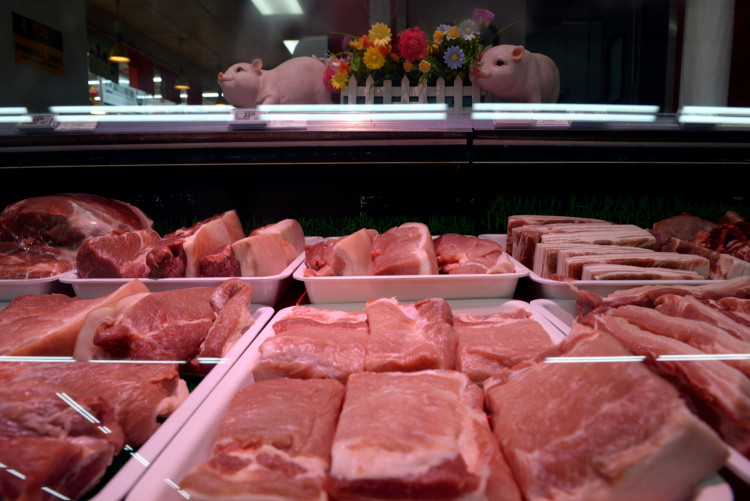Pork and poultry production representative ABPA predicted on Thursday that Brazil's exports in the said industries will climb next year as China's African swine fever crisis has yet to stabilize.
According to Reuters, ABPA predicted that Brazil's pork exports may expand by up to 15 percent in 2020. The numbers were based on this year's projected increase of Brazilian pork exports by 14.5 percent.
The industry group noted that this year's notable hike in Brazilian exports was driven primarily by demand in China and Hong Kong. The country also saw a significant increase in exports to Russia, Vietnam, and Chile.
Aside from pork, it is also expected that Brazilian chicken exports will soar in the coming year. ABPA's new leader, Ricardo Santin, who will start presiding over the industry group in April, noted that orders from Mexico and China will revive higher targets in the country's chicken quota.
Positive projections on Brazil's pork industry were driven by unstable hog production conditions in China. The industry was hit by the deadly pig disease earlier this year and since then, global supplies were impacted.
ABPA further projected that China will need around five years to stabilize domestic pork supplies following the country's move of culling millions of pigs over the past months. The government has been pouring efforts in meeting local demand but it also opened doors for countries such as Brazil to boost pork exports.
It is worth noting that for the past 11 months, Brazilian pork exports to China jumped by 51 percent, while chicken exports also hiked by 28 percent, marking a record-high in Brazil's total exports to the Asian nation.
Late last month, Chinese pork prices surged, with consumers slowly adopting new segments to ease their burdens on consumption and spending. Rabobank predicted that the problem with prices will most likely ensue until next year, the South China Morning Post reported.
Senior analyst for Rabobank's animal protein unit, Pan Chenjun, said that hog inventory will most likely not see a rebound until mid-2020. Pan's statements were then echoed by ABPA's projections this week.
Meanwhile, the government still has high hopes for the Chinese pork industry. The Ministry of Agriculture and Rural Affairs unveiled a three-year plan to ramp up production initiatives so the country can be self-sufficient as early as possible.
The ministry noted that it is focused on better financial support as well as insurance plans for pig breeders to help the devastated farms recover. Prevention and control measures will also be strengthened further to ensure that no outbreak takes place again.





